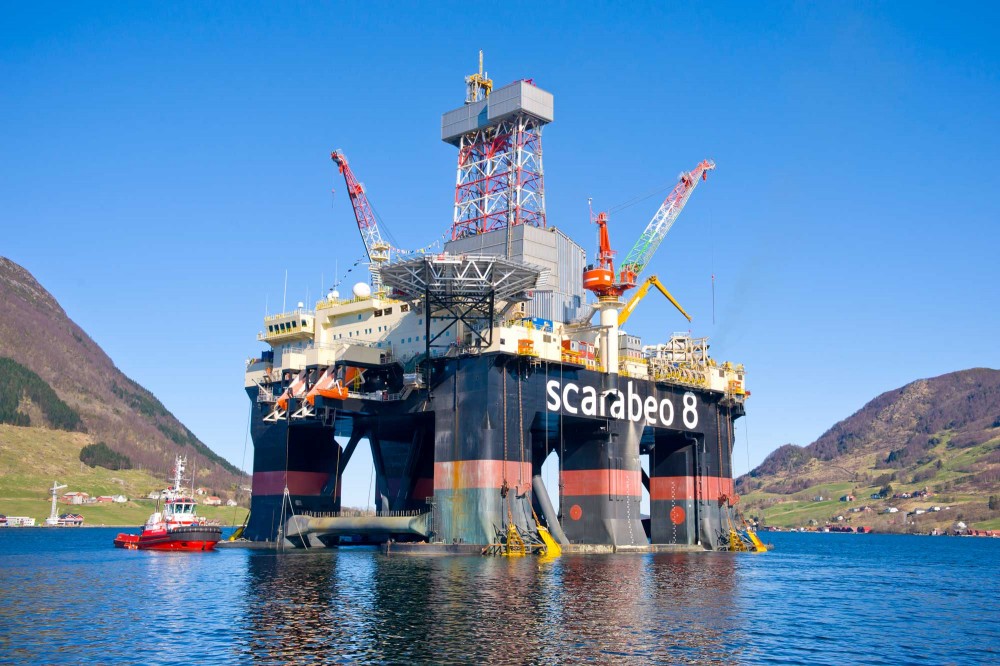Norwegian oilmen prepare for far northern drilling at disputed Wisting field

As sea-ice in the northern parts of the Barents Sea retreats, the Norwegian oil company AkerBP sends a drilling rig to 73° North.
License partners are AkerBP (35%), Equinor (35%), Petoro (20%) and Inpex Idemitsu Norge (10%).
The well drilling is due to be launched in the course of May this year and semisubmersible rig Scarabeo-8 is expected to soon set course for the area.
Wisting is located about 300 km north of the Norwegian mainland and only about 50 km south of the Arctic sea-ice edge.
Environmental organisations have strongly warned against drilling in the area, arguing that a spill could seriously harm marine life. The organisations rejoiced as the license holders in 2022 announced that they would postpone of the project investment decision.
“This is a great victory for everyone that cares about climate and the environment,” Truls Gulowsen, leader of Friends of the Earth Norway, said following the decision.
“Time is over for the development of new major oil fields [and] we are convinced that this means the end for this horrible project,” he underlined.
The upcoming well drilling could indicate that the environmentalists’ fight with the oil companies over Wisting is not yet over.
The resources of Wisting might exceed the resources of Johan Castberg, the project currently under development and expected to start production in course of 2024.
So far, six wells have been drilled at Wisting.
The license partners originally planned to launch production at the field in 2028. It would include a circular Floating Production and Storage Unit (FPSO), not unlike the one applied in the Goliat project.
Equinor is operator of the Wisting project. The Norwegian state-owned company secured control over the resources after the acquisition of stakes from OMV, the Austrian company that originally discovered the field.
Located in Kirkenes, Norway, just a few kilometres from the borders to Russia and Finland, the Barents Observer is dedicated to cross-border journalism in Scandinavia, Russia and the wider Arctic.
As a non-profit stock company that is fully owned by its reporters, its editorial decisions are free of regional, national or private-sector influence. It has been a partner to ABJ and its predecessors since 2016.
